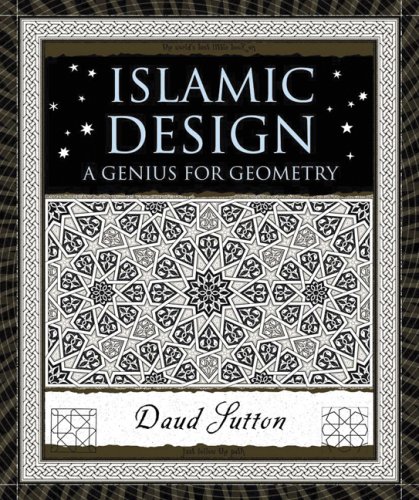From lofty considerations on, for example, the nature of evil, to earth-bound considerations on, as another example, how to spend money, Imam Birgivi's texts always show readers how they can purify their minds, hearts, and bodies. This incredible compendium of moral and spiritual topics, all seen through the eyes of a traditional Sufi and scholar, always hearkens back to the earliest sources of the Islamic faith (i.e., the Quran and the sayings of the Prophet) in order to "remind you of your own departure from this world, and help in your salvation."
Buy this book from Amazon :
The Path of Muhammad: A Book on Islamic Morals & Ethics by Imam Birgivi 
From the PublisherThis long-awaited classic of Islamic spirituality fulfills important needs in scholarship on the history of Sufism and in the contemporary search for spiritual direction in today’s troubled world. Imam Birgivi’s manual of ethical conduct and spiritual practice details the "Path of Muhammad" (al-Tariqah al-Muhammadiyyah), a Sufi method created in late fifteenth century Morocco and disseminated as far as India and beyond through the mediation of Ottoman Sufi masters. This path seeks to instill the sunnah of Muhammad not only through imitation of the Prophet’s outward behavior, but more importantly, by teaching one to assimilate the Prophet’s inner spiritual states. In this way, the seeker becomes empowered to find a personal solution to the challenges of the times without merely repeating the answers of the past. Shaykh Tosun Bayrak’s lucid and at times lyrical translation of Imam Birgivi’s text gives new life to this work and makes the reader believe it was written yesterday, not five centuries ago. In an era of rampant fundamentalism and simplistic and politicized responses to the world’s problems, this work reminds us that the greater struggle is within ourselves, and that the life of the body cannot be improved without the transformation of the soul. The term, al-Tariqah al-Muhammadiyyah, appears to have been used for the first time by the Moroccan Sufi ‘Abdallah al-Ghazwani (d. 1528-9). A Bedouin by origin, Ghazwani is one of the famous "Seven Saints" of Marrakech and is known locally as Mul al-Qusur (Master of Palaces). In his works, Ghazwani also refers to the Path of Muhammad as the "Method of the Muhammadan Sunnah" (Madhhab al-Sunnah al-Muhammadiyyah) and the "Technique of Archetypal Perception" (Suluk al-Nazrah al-Azaliyyah). The link between this Moroccan Sufi and Imam Birgivi’s teachers may have been the Egyptian jurist, Sufi, and Qur’an commentator Muhammad al-Laqani (d. 1528-9), who corresponded extensively with Ghazwani about the details of al-Tariqah al-Muhammadiyyah. Sufis of the Qadiriyyah Sufi order ultimately passed on these doctrines throughout the Ottoman Empire and South Asia. In Ghazwani’s version of the Path of Muhammad, the key figure is the "Bell Saint" (al-Jaras), the axial Sufi teacher of his time, who can hear the "pealing" or reverberation of the divine archetypes on the verge of their actualization into forms. The ability of the Bell Saint to teach his followers to perceive these reverberations is based on his assumption of the Prophetic Inheritance (al-wirathah al-nabawiyyah), which comes about through the assimilation of the Prophet’s inner sunnah or spiritual consciousness. Ghazwani’s concept of the Bell Saint comes from a famous tradition, found in the hadith collections of Bukhari, Tirmidhi, and Nasa’i, where the Prophet describes the sound of divine revelation as like the clanging of a bell. In the words of Ahmad al-Buni (d. 1225), an earlier Sufi who used this metaphor, "The bell tolls for each man. He who listens to it is elevated and is taken from the world for union with Allah, which is the goal of prayer."













